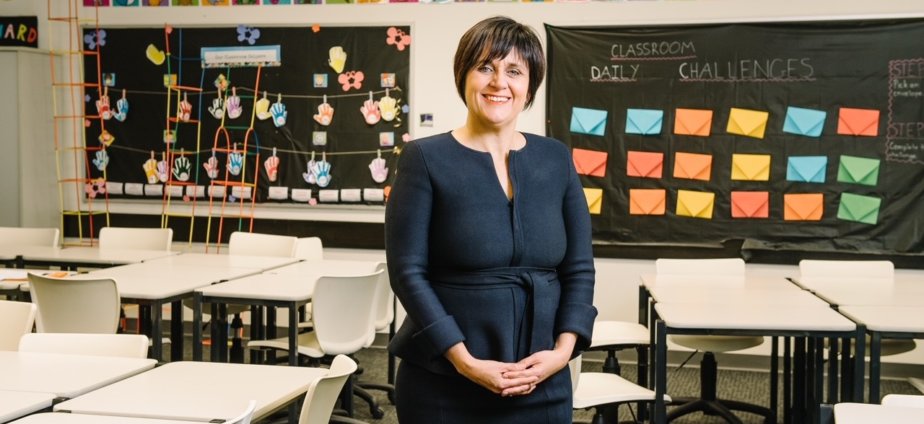In August, thousands of children returned to home learning with the closure of schools in south-east Queensland due to the COVID-19 outbreak.
Despite distance learning becoming the norm in 2020, University of Southern Queensland education expert Michele Wright said many parents would still be feeling unprepared and worried about supporting their children’s education at home second time around. Ms Wright and her research team have spent the past year investigating the impact of COVID-19 home learning on children and families.
Last year, they launched an online survey with the aim of getting a snapshot of parents’ views and experiences of home learning during the 2020 lockdown. Early findings suggested that more than 20 per cent of parents were dissatisfied with home learning, while almost half of the respondents said they didn’t want to be more involved in their children’s learning.
Ms Wright said gaps in technology access were a key factor in the vastly different home learning experiences. “It was evident from the results we have analysed so far that children who had access to a computer, laptop or tablet had a better experience with remote learning than those without,” Ms Wright said. A recent Queensland Audit Office report revealed almost one in 10 state school students did not have access to a device during last year’s lockdown.
Ms Wright said we were dragging the chain when it came to digital learning. “It’s hard to imagine that we’re living in a digital age, yet there are still thousands of students who cannot access online learning and have to rely on paper-based learning materials for remote learning,” Ms Wright said. She said the issue placed more responsibility on parents, as some of them are lack of time, resources or education to support their children’s learning needs at home.
Readers also enjoyed our story about Arts Footprint BURLESQUE









